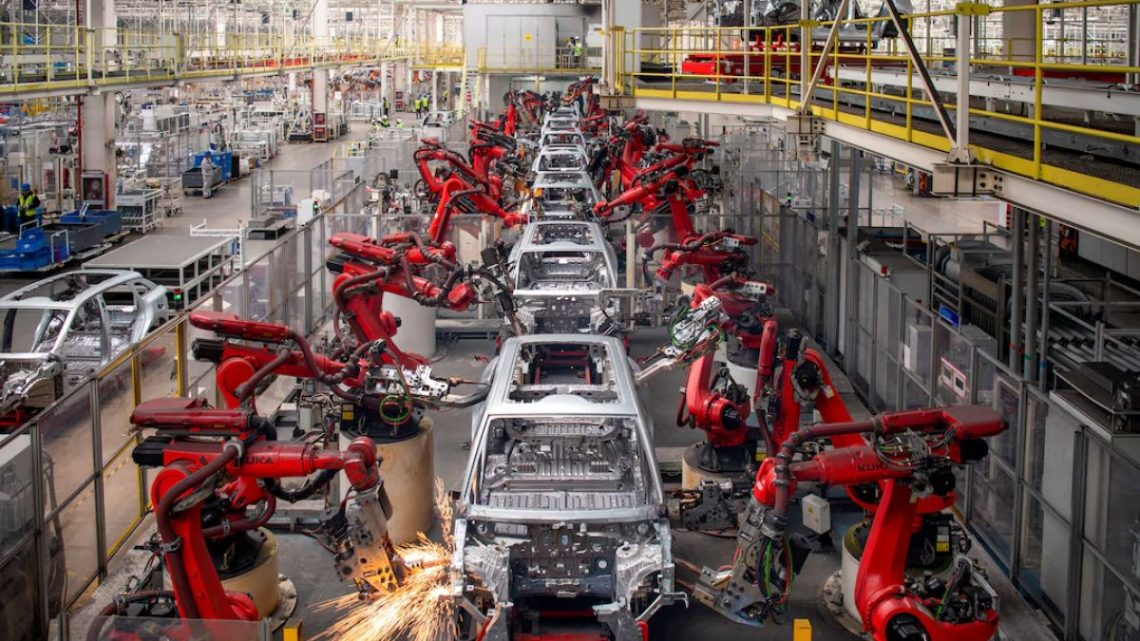The Economic Survey has suggested that China’s role as the world’s manufacturing hub is set for a reset.
Since 2020, more than 20,000 new trade restrictions have been introduced across the worlds. In major Western countries across the Americas and Europe, most of these restrictions are imposed on China. Among developing countries, India is a rare exception in joining the West in trade restrictions on China.
The Economic Survey notes that most of these trade restrictions are a result of strategic, geopolitical, and national security reasons that are not actually rooted in trade-related concerns.
In the year 2000, the United States and its allies in Asia, Europe, and Latin America accounted for the overwhelming majority of global industrial production whereas China just accounted for 6 per cent. By 2030, however, China is projected to account for 45 per cent of global manufacturing, outdoing the United States and its allies.
It’s not just industrial production where China is leading. China has also acquired a near-monopoly it the supply of critical minerals needed to manufacture electric vehicles (EVs), solar panels, semiconductors, etc. China dominates the supply of copper, lithium, nickel, cobalt, graphite, etc.
China’s rise in the global automobile market has disrupted the long-term incumbents in economies like Germany and Japan, and it dominates the global distribution of critical minerals and other economic resources, creating potential dependencies for posterity, noted the Economic Survey.
Such a domination has led to a realisation in Europe, the United States, and India that business with China cannot go on as usual, which is reflecting in trade partnerships to diversify supply chains and manufacturing that decreases reliance on China over the course of time. There is already evidence that’s working. For example, the United States and India have invested hundreds of billions to promote manufacturing and, as a result, several semiconductor facilities are being made in these countries. Moreover, companies are adopting a ‘China +1’ strategy where they are relocating some of their production and/or supply chains out of China to gradually reduce their reliance on China.
Such actions, coupled with trade restrictions, the world’s modus operandi of outsourcing manufacturing to China pursued vigorously in the globalisation era is poised for a reset, said the Economic Survey.
In India, the Union government has rolled out production-linked incentive (PLI) schemes for various sectors to attract manufacturing. In recent years, several projects related to mobiles, semiconductors, and other electronics have come up in India.
Link to article –
Economic Survey 2024-25: China’s role as world’s factory poised for a reset

